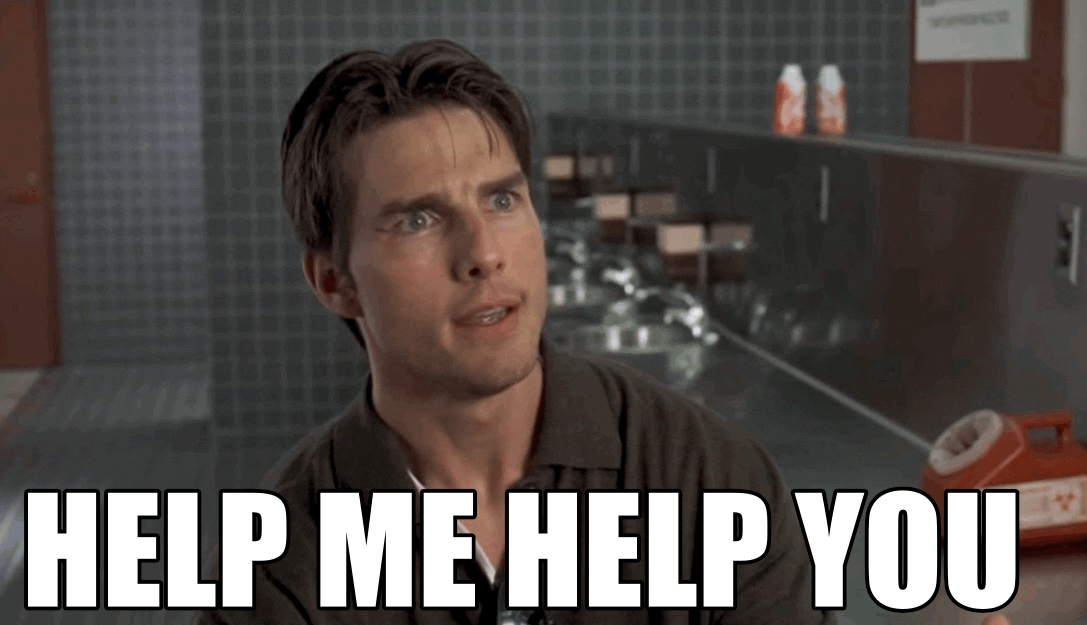In life, there are moments when we feel overwhelmed, lost, or in need of support. The phrase "help help me" often echoes in our minds during these times, representing a plea for assistance and guidance. It serves as a reminder that we are not alone in our struggles, and that reaching out for help is a vital step towards healing and growth. Whether it is a personal crisis, mental health challenge, or simply the burdens of daily life, acknowledging the need for help is the first courageous step toward recovery.
In today’s fast-paced world, many people find themselves grappling with feelings of anxiety, depression, or loneliness. They may shout “help help me” from the rooftops, yet feel unheard or unseen. This article aims to explore the various facets of seeking help, the importance of mental health awareness, and the resources available for those in need. By understanding the significance of asking for help, we can foster a community that supports one another in times of distress.
Moreover, the journey of seeking help is not just an individual endeavor; it is a collective effort that requires understanding, compassion, and solidarity. In this article, we will delve into the importance of sharing our stories, the various types of support available, and how we can create a culture that encourages openness and vulnerability. So, let us embark on this journey of understanding together, as we explore the many dimensions of the phrase “help help me” and what it truly means to seek assistance.
What Does “Help Help Me” Mean in Today’s Context?
The phrase “help help me” encapsulates a deep sense of urgency and a call for support. In contemporary society, it signifies not only a request for assistance but also a recognition of the struggles many individuals face. It is a reminder that acknowledging our vulnerabilities is a strength, not a weakness.
Is Seeking Help a Sign of Weakness?
Contrary to the stigma that often surrounds seeking help, it is essential to understand that asking for support is a courageous act. It demonstrates self-awareness and a desire to improve one’s situation. In many cultures, there is a misconception that seeking help equates to failure. However, this notion is rapidly changing as mental health awareness increases globally.
How Can We Change the Narrative Around Asking for Help?
Changing the narrative around asking for help involves creating environments where individuals feel safe to express their needs. Some ways to foster this change include:
- Encouraging open conversations about mental health.
- Providing training for communities to recognize signs of distress.
- Sharing personal stories to normalize the experience of seeking help.
- Promoting awareness campaigns focused on mental health resources.
Who Can We Turn to for Help?
When in distress and uttering "help help me," it's vital to know where to turn. There are various resources to consider, depending on the nature of your needs.
What Types of Help Are Available?
Help can take many forms, including:
- Professional Help: Therapists, counselors, and psychologists can provide expert guidance.
- Support Groups: These groups offer a safe space for individuals with similar experiences to share and support one another.
- Hotlines: Many organizations have hotlines where individuals can speak to someone immediately.
- Friends and Family: Sometimes, just talking to a loved one can bring immense relief.
How Do We Know When It’s Time to Seek Help?
Recognizing the signs that it’s time to reach out can be challenging. Some indicators include:
- Persistent feelings of sadness or hopelessness.
- Withdrawal from social activities that once brought joy.
- Difficulty coping with daily responsibilities.
- Experiencing overwhelming anxiety or panic attacks.
Who Can We Look Up To for Inspiration in Seeking Help?
Many public figures and celebrities have bravely shared their stories of struggle and recovery, providing inspiration and hope for those in need. One such individual is the renowned actress and advocate, Demi Lovato.
What is Demi Lovato’s Story?
Demi Lovato is a powerful voice in the fight for mental health awareness. She has openly discussed her battles with addiction, eating disorders, and mental health challenges, encouraging others to seek help and share their experiences. By doing so, she embodies the essence of “help help me,” turning her pain into purpose.
Demi Lovato’s Biography and Personal Details
| Date of Birth | August 20, 1992 |
|---|---|
| Place of Birth | Albuquerque, New Mexico, USA |
| Profession | Singer, Actress, and Advocate |
| Notable Works | Camp Rock, Confident, and several hit albums |
| Advocacy | Mental health awareness, LGBTQ+ rights, and addiction recovery |
How Can We Support Those Who Ask for Help?
Supporting someone who has reached out for help can be incredibly impactful. Here are ways to offer support:
- Listen without judgment.
- Validate their feelings and experiences.
- Encourage them to seek professional help if necessary.
- Check in regularly to show that you care.
What Resources Are Available for Mental Health Support?
In addition to personal support systems, numerous resources exist for those seeking help:
- National Suicide Prevention Lifeline: A 24/7 service providing support to those in distress.
- Substance Abuse and Mental Health Services Administration (SAMHSA): Offers a national helpline for substance abuse and mental health issues.
- Local Mental Health Services: Many communities have local agencies that provide counseling and support.
- Online Counseling Platforms: Websites that connect individuals to licensed therapists online.
How Can We Foster a Culture of Help-Seeking?
Creating a culture that embraces help-seeking behaviors involves:
- Educating communities about mental health.
- Encouraging open dialogue about struggles.
- Promoting campaigns that normalize seeking help.
- Training educators and employers to recognize signs of distress.
As we navigate through life, let us remember that it’s okay to say “help help me.” By fostering a supportive environment and encouraging open conversations about mental health, we can create a world where seeking help is seen as a brave step towards recovery and growth.



